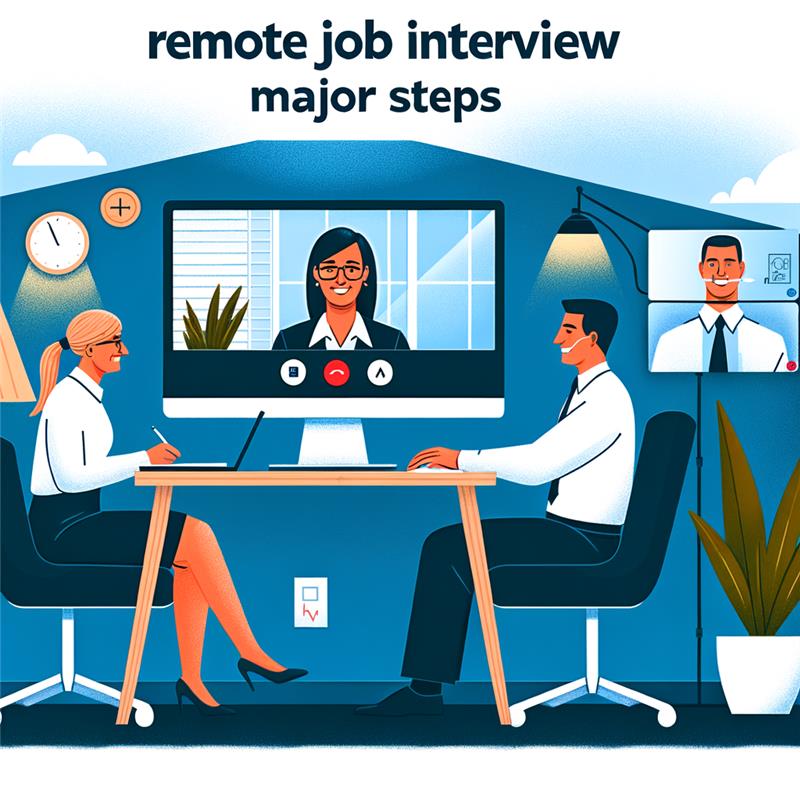Communication is a cornerstone of workplace success, influencing collaboration, productivity, and team dynamics. Assessing a candidate’s communication skills during interviews is essential to identify their potential for effective interaction in diverse work environments. This guide provides a comprehensive list of interview questions, techniques, and insights to help you evaluate candidates’ verbal, non-verbal, and written communication skills accurately.
Importance of Assessing Communication Skills in Interviews
Communication skills are integral for roles involving teamwork, leadership, client interaction, or problem-solving. Evaluating these skills helps ensure that the candidate can express ideas clearly, listen actively, and adapt their communication to suit various scenarios. Effective communicators foster collaboration and reduce workplace misunderstandings.
Key Areas to Focus on While Assessing Communication Skills
To evaluate communication comprehensively, focus on the following areas:
- Verbal Communication: Clarity of speech, tone, and vocabulary.
- Non-Verbal Communication: Body language, eye contact, and gestures.
- Written Communication: Grammar, structure, and tone in emails or reports.
- Listening Skills: Ability to understand, interpret, and respond appropriately.
Verbal Communication Interview Questions
Questions to Evaluate Verbal Clarity and Expression
- Can you describe a challenging project and how you communicated with your team?
- How do you explain complex ideas to someone unfamiliar with the subject?
- Share an example of when your communication helped resolve a conflict.
Questions About Public Speaking or Presentations
- Tell us about a time you gave a presentation. How did you prepare for it?
- How do you manage nerves when speaking in front of a group?
Non-Verbal Communication Interview Questions
Observational Non-Verbal Questions
- How do you ensure your body language aligns with your verbal communication?
- What do you think is the role of eye contact in effective communication?
Written Communication Interview Questions
Questions to Gauge Written Skills
- How do you approach writing emails to clients or colleagues?
- Share an example of how you documented a project or process in writing.
Situational and Behavioral Communication Questions
Real-World Scenarios to Assess Communication
- Imagine you’re working on a team project, and a member isn’t contributing effectively. How would you communicate with them?
- How would you handle receiving critical feedback from a colleague or manager?
Role-Specific Scenarios
- If you’re leading a client meeting, how would you ensure their concerns are addressed?
- How do you communicate progress updates to stakeholders?
Common Mistakes to Avoid When Assessing Communication Skills
- Overlooking non-verbal cues that indicate nervousness or confidence.
- Relying solely on verbal answers without examining written communication skills.
- Ignoring cultural or situational differences that influence communication styles.
Related: Common Talent Sourcing Mistakes
How to Structure Communication Skills Assessments
- Pre-Interview Tests: Assign written tasks to gauge grammar, clarity, and structure.
- In-Depth Interviews: Use follow-up questions to dig deeper into communication scenarios.
- Panel Discussions: Observe the candidate’s ability to communicate with multiple stakeholders.
Integrating AI-Powered Hiring Tools for Communication Assessments
Leveraging AI tools can make communication skills assessments more efficient and data-driven. For instance, AI-powered platforms can analyze a candidate’s tone, clarity, and confidence in real time during video interviews or evaluate written assignments for grammar and coherence. These tools ensure objective scoring and highlight subtle communication cues that might otherwise go unnoticed.
Related: AI Recruitment Tools
Conclusion
Effective communication is a critical skill for success in any role. By using the questions and strategies outlined in this guide, recruiters can evaluate candidates comprehensively, ensuring they hire individuals who can thrive in collaborative and dynamic work environments.





